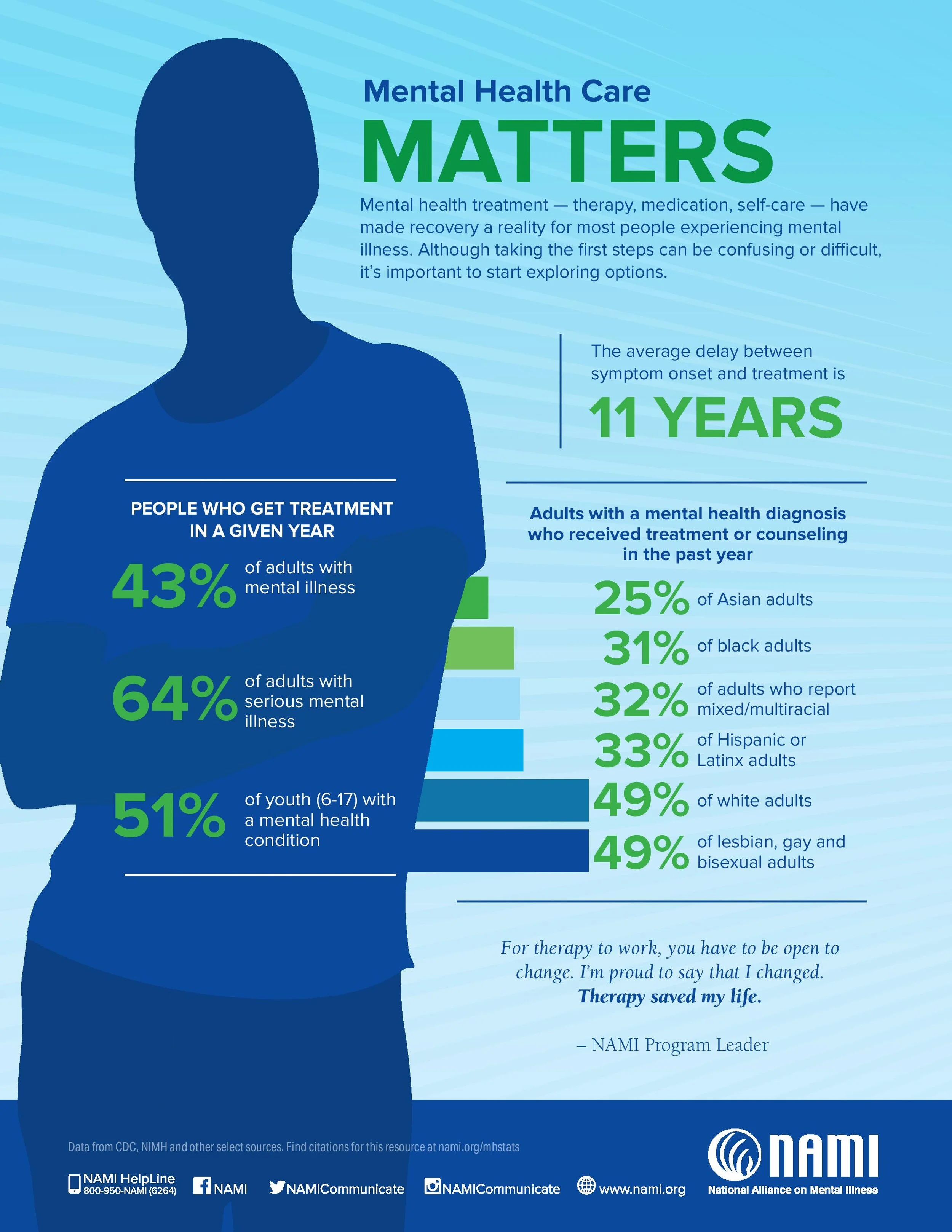
Importance of Mental Health Awareness
Our overall mental health is as important as our physical health. While we try to keep our bodies, fit and healthy, it is also necessary to keep our minds fit and strong too. However, most of us have no idea on how to keep our mental health in tiptop shape, and how we could understand those who are experiencing mental health concerns.
Almost half of the young generation across the globe are experiencing mental health problems. Most of them are experiencing different forms of depression and anxiety caused by peer pressure, family concerns, and poor self-esteem. Also, those who are experiencing these resort to a lot of dangerous activities that could lead to serious complications. However, it is sad to know that others dismiss this concern as plain drama or just lazy to move on with their lives.
The stigma surrounding mental health still occurs, although at less rates than previous decades. In fact, prior to 1955, mental health wasn’t even known as health at all. At that time, people suffering from mental illness were institutionalized without real help for their condition.
Luckily today, we are louder and quicker to shine a light on mental illnesses. Mental health is a huge factor in our overall well-being, so we all need to be aware of how we can recognize symptoms and seek help for ourselves and those who are suffering. Here are the top reasons why talking about mental health is important.
So, why mental health awareness is so important?
It reduces stigma.
People who suffer from mental illness can often feel alone and stereotyped. The stigma that mental illness is something to be kept secret can further hinder the mental health of those suffering, even to the point where they may feel uncomfortable and embarrassed seeking any treatment at all. As a community, when we talk about our mental health issues and provide safe places to seek support, we increase the well-being of the community members around us. Mental illness does not define a person and it isn’t shameful.
It affects more people than you know.
Almost everyone is affected by mental illness. Whether they are personally dealing with it or they have a loved one who is, mental health is important to everyone. A recent study found that nearly 43.8 million (1 in 5 American adults) suffer from a mental illness each year. And these numbers are fairly conservative, as other studies show that stigma can reduce the number of people coming forward about their mental illness.
It increases awareness.
To build on the discussion of stigma, discussing mental illness can help people engage support and realize that they are not alone in their struggle. Having a sense of community reduces stigma as well, so those who are seeking support and recovery from their mental illness can actively receive it, without feeling self-conscious and alone.For those who are not affected by mental illness firsthand, an increase in awareness and discussion helps keep everyone well-informed on risks, symptoms, treatment and prevention. When we talk openly about mental health, everyone can better receive the help they need.
It helps people seek treatment.
Talking about mental health increases awareness, education and support, while decreasing stigma. This can also help open the door for people seeking treatment or help with their mental health. This is so important, because people who live with mental illness are more likely to develop other medical conditions. A lot of these conditions are treatable too, so talking about mental health is an excellent first step in helping to improve someone’s life.
It encourages continual mental health education.
The discussion on mental health isn’t a short-term thing. Continuing the discussion means continuing our education of the illnesses that are affecting us personally and the people we care about. Because so many people are affected, increasing awareness increases the chances for help early on. Plus, the more education we have on mental illness, the more we can work to improve the lives of those suffering from it.
